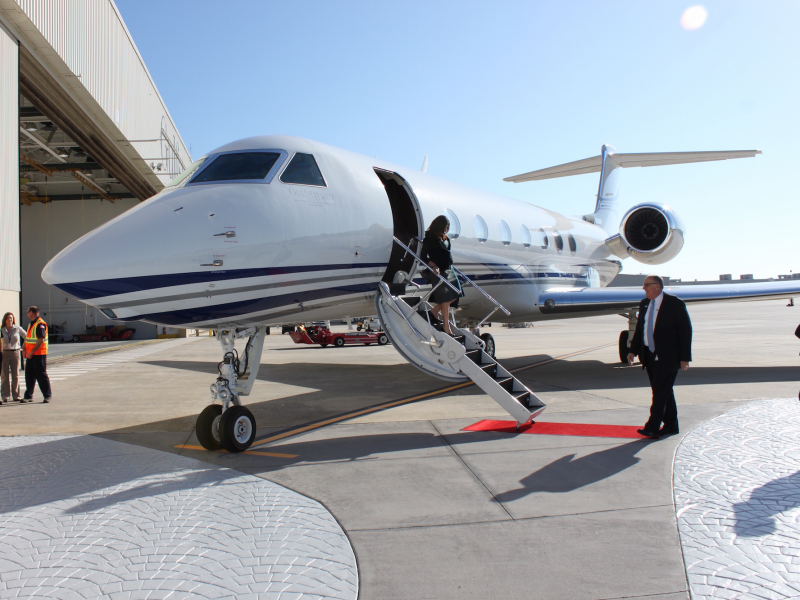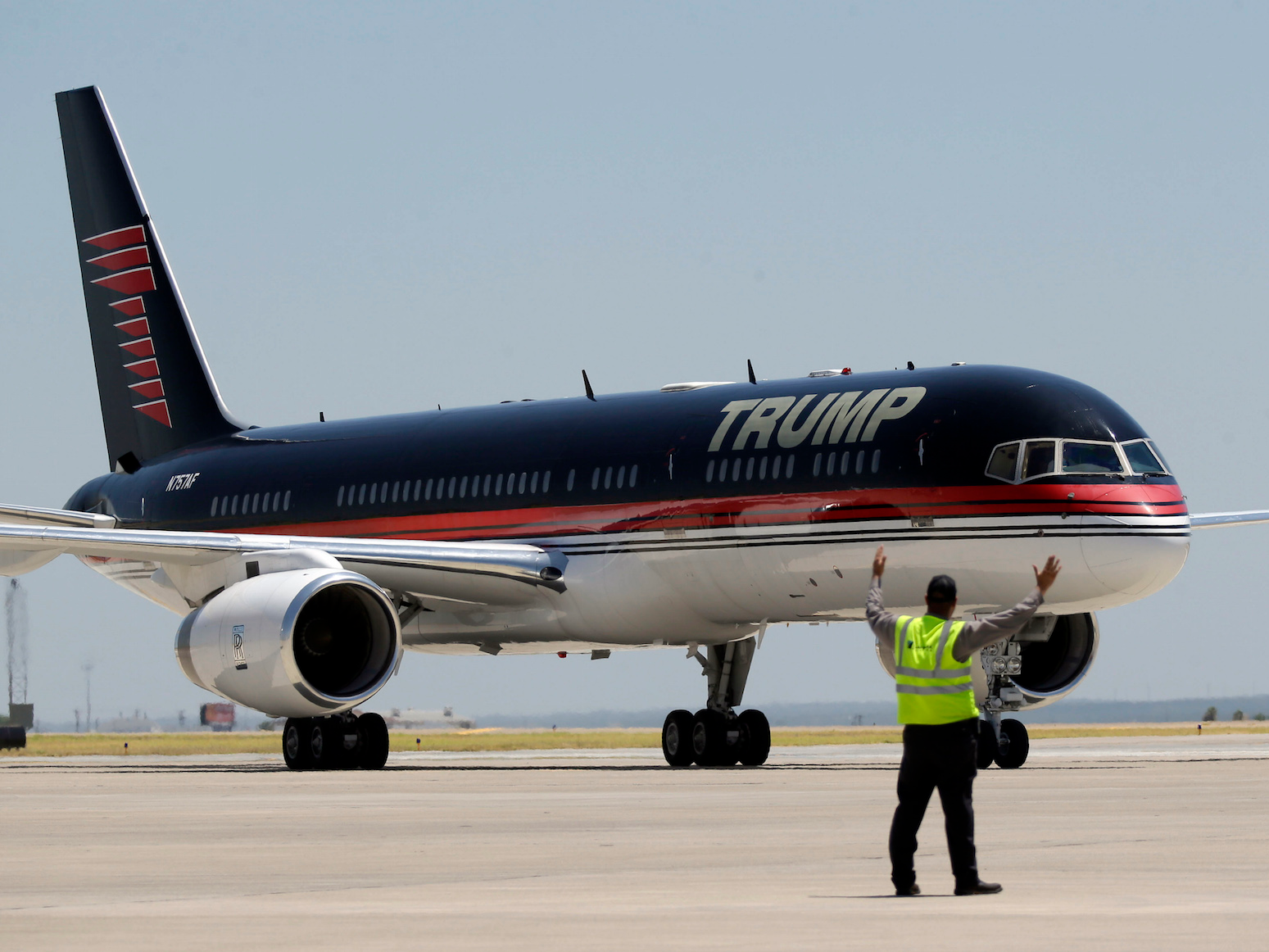- The Trump Administration’s 2017 Tax Cuts and Jobs Act updated the US tax code to allow 100% bonus depreciation for items such as aircraft.
- The new policy allows private jet buyers to deduct 100% of the plane’s cost immediately.
- This is a change in tax code that is expected to boost demand for private jets.
A recent change in the tax the US tax code is stirring up interest in high-end private jets. As part of the Trump Administration’s tax reform package which passed in late 2017, transportation items such as private jets are now subject to 100% bonus depreciation.
According to the National Business Aviation Association, this allows a private jet owner to deduct 100% of its cost immediately.
However, the NBAA is keen to point out that the new policy doesn’t entitle private jet buyers to more depreciation, just the ability to access those benefits at a quicker rate. In this case, immediately.
For some of the world’s wealthiest individuals, this deduction accounts for much, if not all, of their millions in tax liability. Which means, for some, the jet could be essentially free.
This is much-welcomed news for an industry on the mend after a couple of tough years.
"Although we are still in a recovering market, this milestone tax reform, complemented by positive economic data and macroeconomic indicators, such as GDP and corporate profits, highly favor new aircraft acquisition," Embraer Executive Jets CEO Michael Amalfitano said in a statement.

So will this send the world's billionaires scrambling to buy a private jet or two?
It's still too early to tell, an Embraer spokesman told us. Teal Group vice president and aviation industry analyst Richard Aboulafia agrees.
"There's been no historical linkage between bonus depreciation and market strength," Aboulafia said in an interview. "But on the other hand, this is a very generous depreciation offer and the market has been on the cusp of a turnaround for some time."
"Maybe this serves as one of the precipitating factors," he added.
And then there's General Dynamics, Gulfstream's parent company, which hasn't actually factored in any tax reform driven demand into its projections.
"We will see how tax reform plays out, but it frankly didn't factor into our projections," General Dynamics chairman and CEO Phebe Novakovic said during the company's fourth-quarter 2017 earnings call. "We based our plan on the demand that we see and what I've called now for many, many quarters, a robust pipeline."

However, Gulfstream did report that the company's flagship G650/G650ER just had its best quarter since 2014.
Here's a rough description of how the new bonus depreciation policy will work.
According to the NBAA, the 100% bonus depreciation applies to factory-new and pre-owned aircraft. However, it must be the taxpayer's first use of the pre-owned aircraft for it to qualify.
Owners of aircraft that enters service between September 28, 2017, and December 31, 2022, will get to deduct 100% of its cost immediately. However, "certain aircraft" and "longer production period property" are eligible for a one-year extension. For everyone else, bonus depreciation rates will decrease by 20% every year starting in 2023 until 2027 when it hits zero.
Aircraft with binding sales agreements signed on or before September 27, 2017, will be subject to 50% bonus depreciation under the previous tax code.

